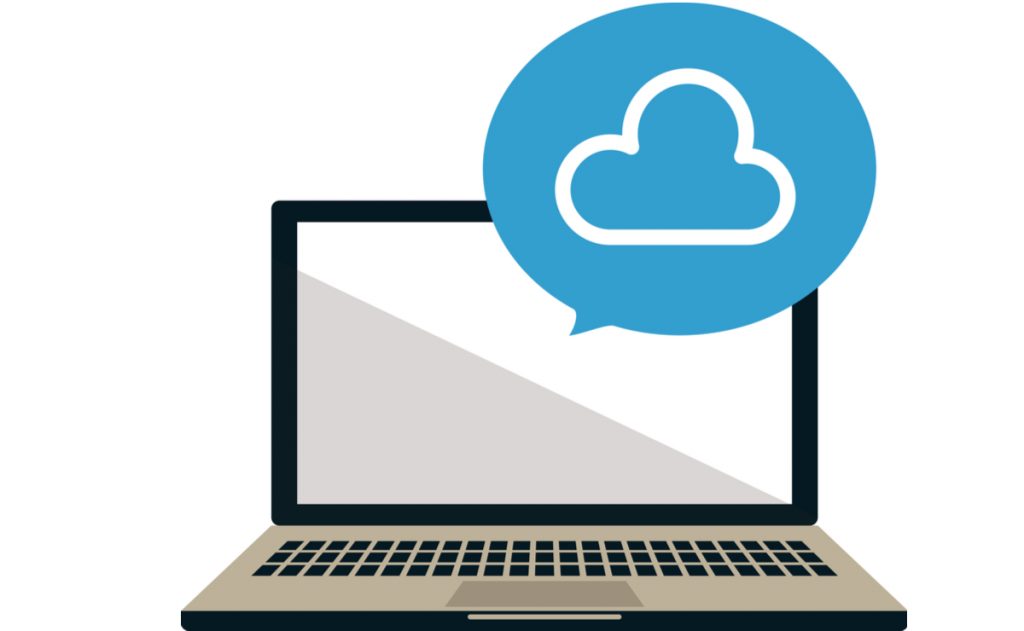Datadog (DDOG) – the hot, new Software as a Service (SaaS) IPO
Let’s go ten years back in time when Datadog was founded in 2010.
Cheers to Datadog for building a strong business and its IPO (initial public offering) today! It was founded by two French alumni (Olivier Pomel and Alexis Lê-Quôc) from Ecole Centrale Paris in 2010. These two founders were aware that cloud computing is going to rule the world. Therefore, they designed a platform to help enterprises monitor cloud computing.
Datadog’s rapid growth states a few major industry themes:
- Cloud applications need organizations to rethink the existing tools for visibility.
- Development in cloud applications continues at an unprecedented rate.
Datadog’s IPO filing offers key financial and business insights about the cloud, application, and infrastructure monitoring markets.
What is Datadog used for?
Datadog is a monitoring and analytics tool exclusively used by development operations (DevOps) and information technology (IT) teams to determine performance metrics and event monitoring for infrastructure and cloud services. The software can monitor services such as tools, servers, and databases.
It also launched a Live Process monitoring solution to help monitor, explore, inspect real-time processing across enterprises distributed infrastructure.
What does Datadog actually do?
Datadog allows enterprises to bring together business data from disparate sources easily. It mostly offers analytics. As enterprises move to the cloud and use more software, they must understand how their systems perform. Things might go wrong with disparate analysis and information falling via the cracks in this world of cloud infrastructure. Datadog’s software organizes all those moving parts. Thus, it claims to offer “a unified and real-time single pane of glass view into a company’s entire technology stack.”
Once in Datadog, the collected data is mapped against a common metadata taxonomy and normalized to the same timescale, allowing all data to be compared apples to apples.
Further, Datadog’s custom metrics from various teams can be compared and combined on dashboards and alert users in some discrepancies. It is SOC 2 certified and features industry-leading DR (disaster recovery) coverage. Thus, data sent to Datadog is automatically stored in a highly secured fashion and is robustly backed.
The unifying theme is: “Collecting data is cheap, but not having it when you need it can be expensive, so you should instrument everything, and collect all the useful data you reasonably can.”
Datadog monitoring
Datadog monitoring software is accessible for deployment on-premise or as a Software-as-a-Service (SaaS). Datadog supports Mac operating systems, Windows, and Linux. Support for cloud service providers includes Google Cloud Platform, Amazon Web Services (AWS), Red Hat OpenShift, and Microsoft Azure.
Datadog uses a Go-based agent, and its backend is made from Apache Kafka, Apache Cassandra, and PostgreSQL. It uses an application program interface (API) to integrate with numerous services, programming languages, and tools. Integrations include Bitbucket, Kubernetes, Ubuntu, Chef, Ansible, and Puppet.
The user interface comprises personalized dashboards that show a graphical representation of data composed of multiple data sources in real-time. Also, Datadog alerts users by sending notifications of performance issues on any set metric, such as compute rates. The users are notified via PagerDuty, email, or Slack.
Here are some enhanced features that Datadog amazes us with:
- It supports several applications written in languages such as Ruby, Java, Node, Python, Go, PHP, and NET.
- Datadog helps DevOps/IT teams with one view of their infrastructure, including metrics, servers, and apps.
- Allows access to the API.
- Offers personalized dashboards to the users.
- It can automatically analyze and collect latency, logs, and error rates.
- Datadog sends an alert to the user when there is a critical issue.
- It supports over 250 product integrations.
It also launched Datadog Security Monitoring to help IT teams detect unauthorized log attributes (e.g., URLs, IPs, and file hashes). If these log attributes are malicious, then quickly triage security signals. Datadog Security Monitoring also ingests third-party alerts. For instance, Snyk and Datadog are coming together to enhance application security in a new and innovative way.
Datadog’s security integrations
Datadog’s integrations play an essential role by giving you security visibility and detection capabilities into every layer of your environment. Integrations automatically enrich, collect, and analyze your data. Also, it offers out-of-box content, such as detection rules and built-in dashboards.
Datadog IPO
In 2019, Datadog’s IPO was one of the most successful IPOs. Shares were priced for about USD 27. It, however, ended its first day of trading at over USD 37 per share. Datadog became the fourth cloud software company to reach approximately USD 10 billion valuations in September 2019.
The diversity makes enterprise technology complicated, but Datadog calls itself “cloud agnostic,” integrating everything to offer a centralized real-time monitoring platform.
Datadog majorly competes against SolarWinds, Cisco AppDynamics, SignalFx, Dynatrace, New Relic, and other organizations that offer several cloud monitoring tools.
In 2020, Datadog’s revenue raised about 68% year-over-year to USD 140 million for the quarter that ended in June. The net income of about USD 284,000 for this period was reported. Thus, it is a significant improvement from the negative value in the earlier quarter.
The consensus revenue valuation of USD 144.31 million for the quarter that ended September 2020 indicates about 50.5% growth from the same period last year. Its earnings per share (EPS) is projected to grow at 25% next year. This view should keep DDOG’s price momentum alive in the near term.
As per the report published by Renaissance Capital, Datadog will account for about 24 million shares at a price of approximately USD 19 to USD 22 per share. This might benefit Datadog about USD 6.6 billion valuations in the coming years.
Pro tip!
Dash 2020 revealed new features and products on the Datadog platform that offers engineering teams with even deeper visibility into their distributed applications and infrastructure. These products comprise Datadog Incident Management, Datadog mobile app, and Datadog Security and Compliance Monitoring.
Final words
Datadog has experienced early achievement and has already proven itself as a frontrunner in the IT monitoring industry. I think it will grow at a rapid pace in the coming five years than it is today. Thus, Datadog makes it secure, easy, and fast to share business metric data from applications to the correct stakeholders.
Woof, woof, woof…Datadog – everything you know now!
For more such content, download our latest whitepapers on cloud solutions.













![[Things to Know] Before Selecting Cloud Solutions](https://d2qt3hjxf3fk7j.cloudfront.net/wp-content/uploads/2020/02/13083906/Cloud-Solution-400x247.jpg)